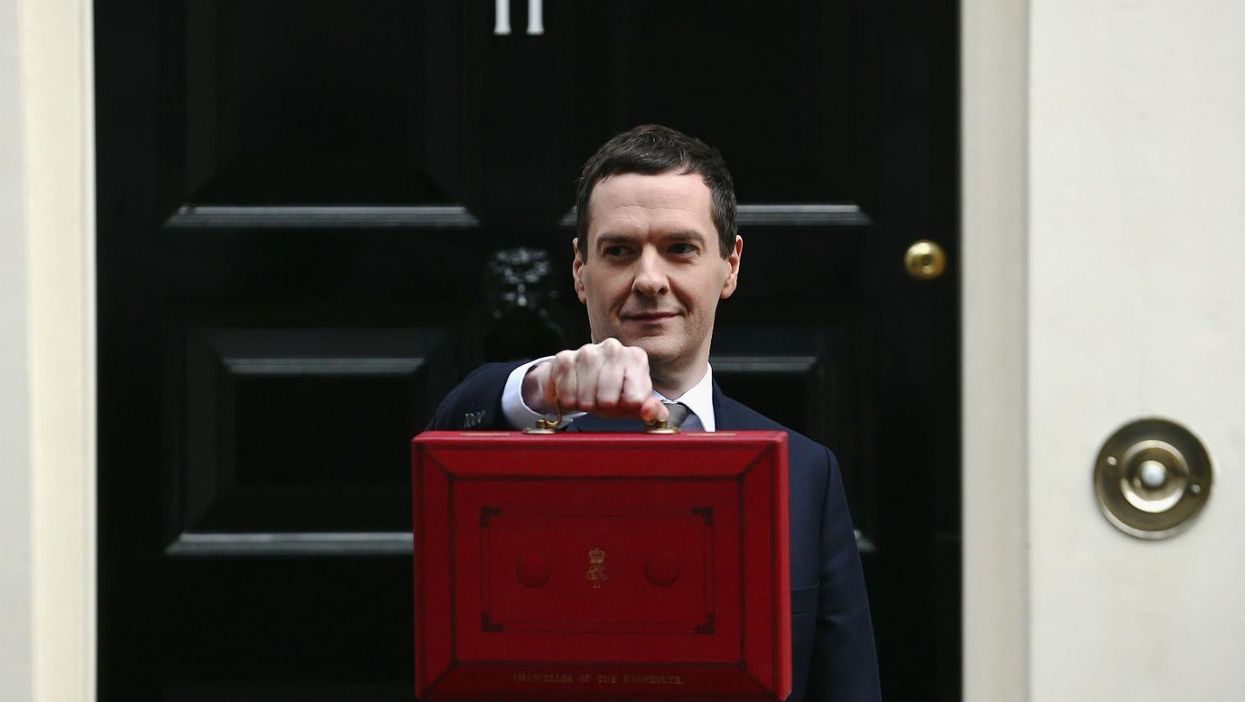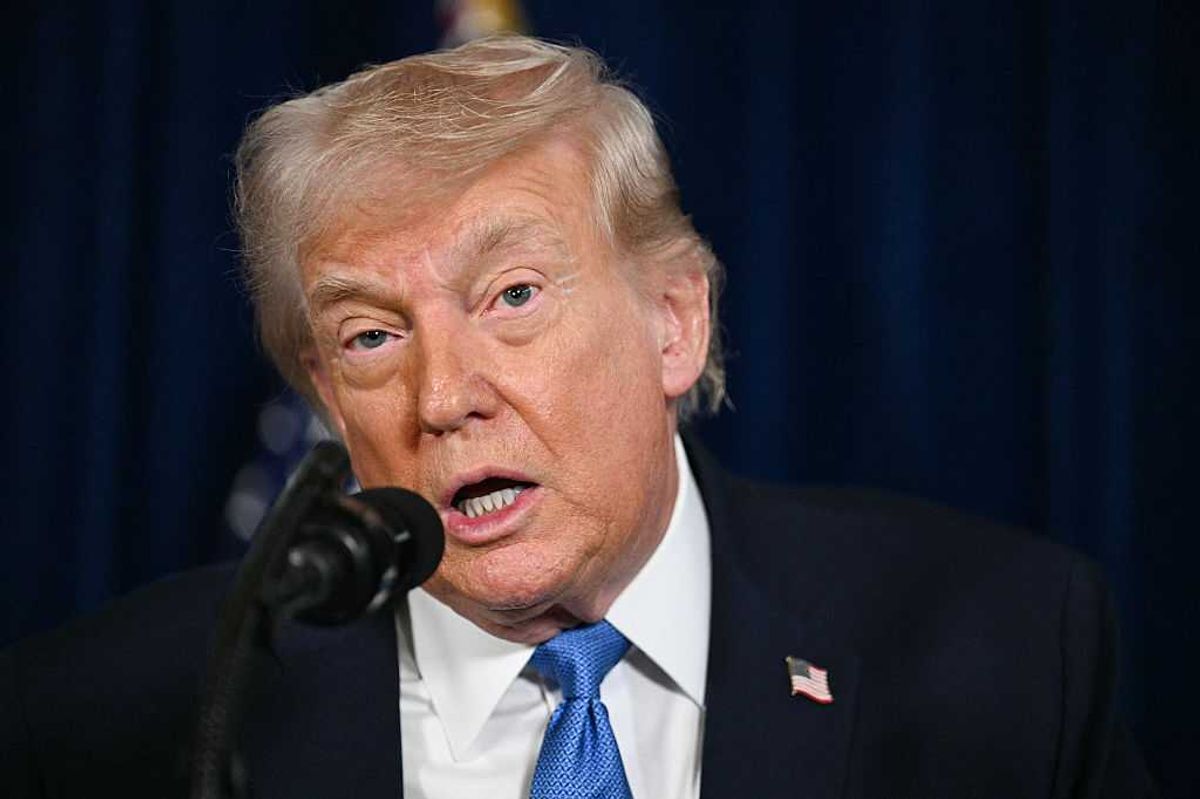News
Indy100 Staff
Jul 08, 2015

George Osborne will present his seventh Budget on Wednesday, the first under an all-Tory government since 1996.
Here are 10 things we can expect the Chancellor to announce:
1. Welfare
There will be £12bn of welfare cuts – though it was reported on Tuesday night that the timetable will be increased by at least a year. They are expected to include:
A cap on how much one family can draw in benefits every year. This will be reduced from £26,000 to £23,000 in London, while the rest of the country will be capped at £20,000.
Child tax credits will also be limited and there is expected to be cuts to tax credits for those on the lowest incomes.
2. Income tax
George Osborne is also likely to reaffirm the plan to raise the 40p tax threshold to £50,000, impacting around 800,000 people.
3. Minimum wage
Anyone on the minimum wage and working 30 hours a week will not need to pay any income tax.
4. Inheritance tax
The current inheritance tax threshold of £650,000 on property, which sees individuals incur a 40 per cent tax rate, will also rise to £1m from April 2017, although the Chancellor plans to cover the £1bn of this by reducing tax relief on pensions.
This is expected to see reductions for people with an income of more than £150,000 a year.
5. Pensions
The Chancellor has already said that the lifetime pensionable allowance is being reduced to £1m from £1.25m as of April 2016.
6. Tax recovery
The government has also said that it will find £5bn from tackling tax evasion and avoidance.
7. Housing
The Conservatives have also promised to build 200,000 starter homes, priced at 20 per cent below market price for buyers aged under 40.
The buy-to-let market may also be focused on as landlords are able to offset the interest on a mortgage against their running costs.
Social housing tenants on higher incomes will also be forced to pay higher rents. In the capital those on £40,000 a year will see their rates rise, while people elsewhere on £30,000 per annum will see their rents rise.
There will also be a cut in housing benefit for the under-25s and young jobseekers. However, the Chancellor may increase the level that income tax first kicks in to £12,500, which was originally due to come into force in 2020. It is already due to rise from £10,800 to £11,000 next year.
8. The BBC
The BBC will have to make £650m of savings to pay for free television for the over-75s.
9. Sunday trading
A consultation on six-hour Sunday trading laws is also expected to be launched as Osborne looks at whether responsibility should be handed back to Britain’s towns and cities.
10. Student loans
Maintenance grants for university students from low-income families will be scrapped and converted into loans in the Government’s next round of spending cuts.
Megan Dunn, president of the National Union of Students, said on Wednesday night: "Cutting maintenance grants would be detrimental to hundreds of thousands of our poorest students who currently rely on them, and could risk putting many people off applying to university.
"We know that our poorest students are the most likely to be deterred by debt, but it could also affect where students choose to live and which courses to take. This is yet another unreasonable barrier to accessing higher education."
More: How the government could lift six million people out of poverty and gain £1.5bn
More: The DWP is trying to promote pensions through the medium of incredibly cringey rap
Top 100
The Conversation (0)













